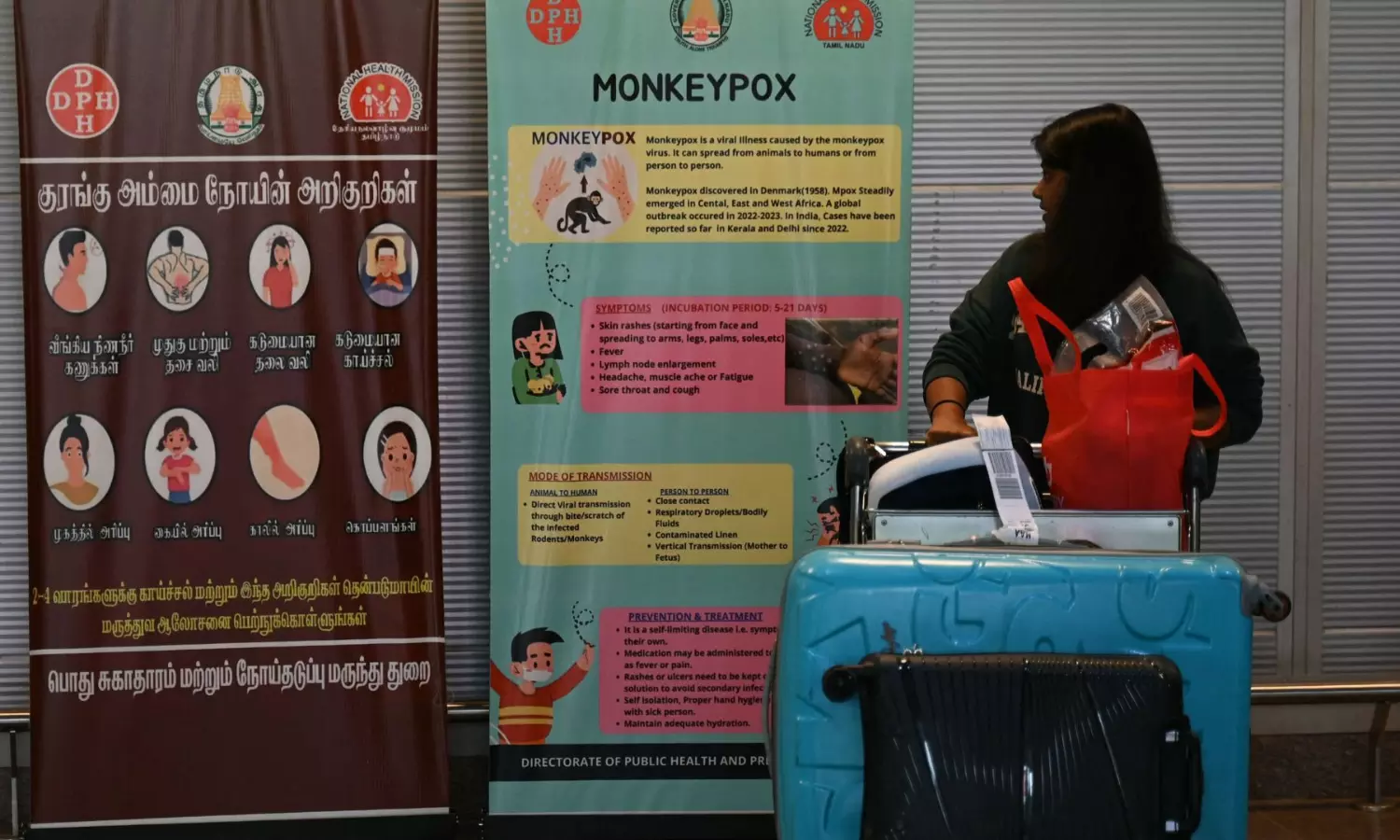DC Edit | Don’t panic over Mpox alert
WHO declares Mpox emergency as clade 1 spreads globally; India issues advisory, precautions urged;

The declaration of a Mpox public health emergency by the World Health Organisation, a second alert for this infectious zoonotic disease in under two years since 2022, is a serious development, more so as this is being caused by the clade1 pathogen that is more easily transmissible.
The spread of the illness caused by the monkeypox virus beyond West Africa — where it is now prevalent in close to 12 countries and is most present in the Democratic Republic of Congo — and on to South Asia, including Kerala in India, and Europe, with Sweden reporting at least one case, shows that nothing can be taken for granted in the spread of infectious diseases in the interconnected world of today.
The Union health ministry has done well to put out an advisory following which airports are taking precautionary measures like screening passengers and looking to isolate anyone found carrying the symptoms. There is, however, no reason to panic over this dreadful disease that spreads skin rashes and mucosal lesions all over an infected person’s body, though the worry in Africa is it seems to affect children under 15 more, a group in which fatalities were above the average in the 2021 outbreak of the clade (group of organisms) 2 variety.
The world has been on edge since the Covid-19 outbreak over four years ago and predictions of more pandemics to come. Doctors aver that the Mpox outbreak of 2023-24 is not like the Covid-19 of 2020, the global phenomenon caused by a virus of which humans had little knowledge until it was studied, medication protocols defined, and vaccines developed.
It is reassuring that WHO has said publicly that the spread of mpox, including the new and deadlier clade 1b type, is controllable. In the light of the Covid-19 experience, the world might be smarter in trying to ensure tests, treatment and vaccines. Meanwhile, people would do well to understand that the pathogen can spread through infected animals and people, in the latter case mostly through close interaction. As with Covid, prevention of the spread can be better than the cure.


